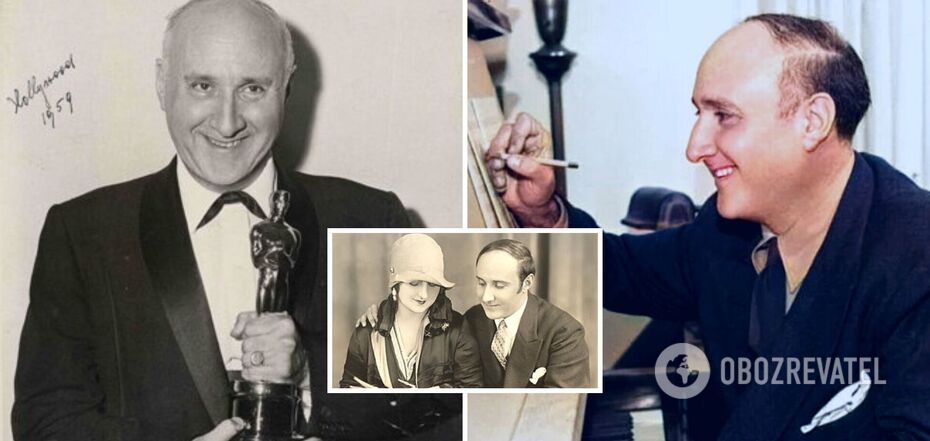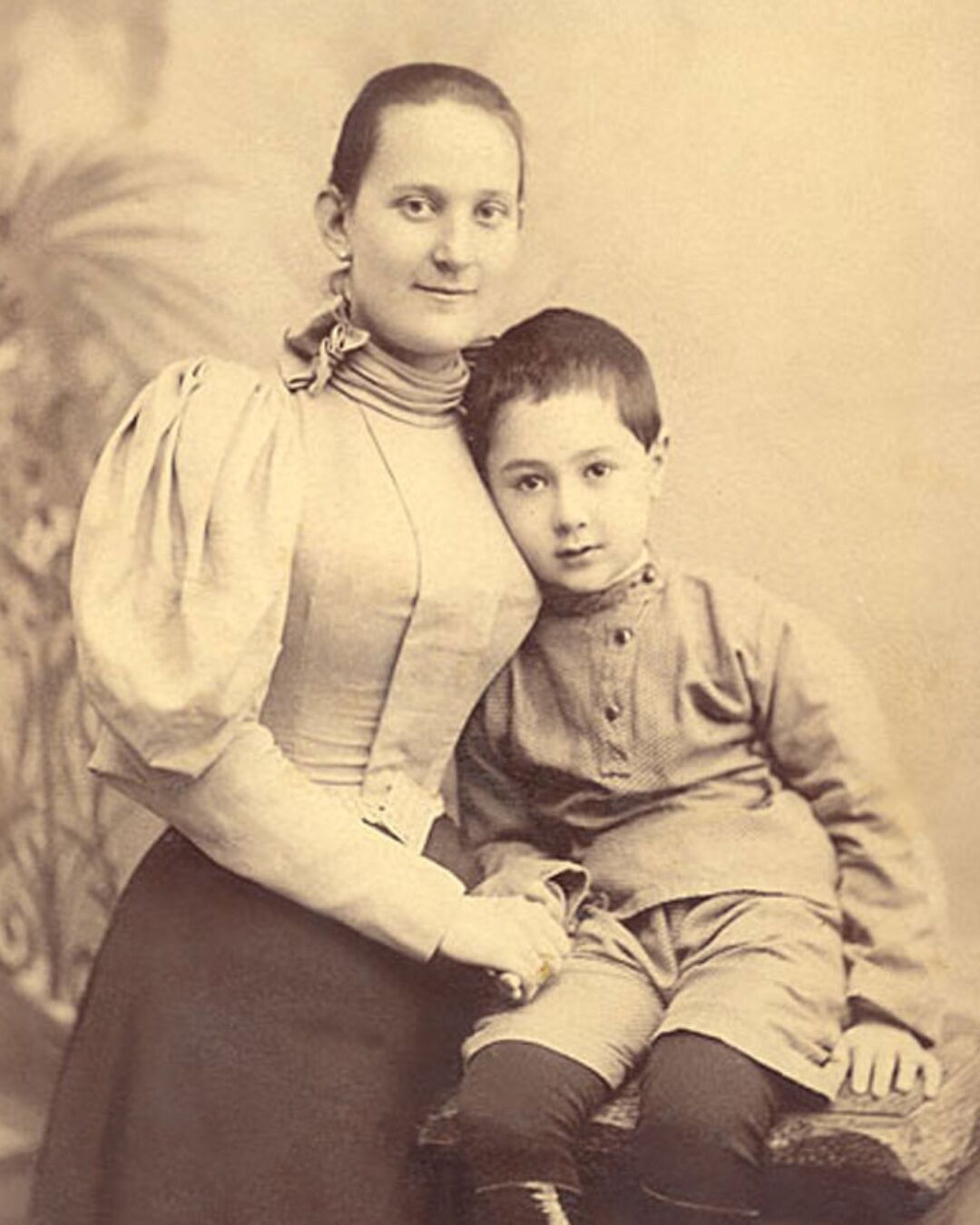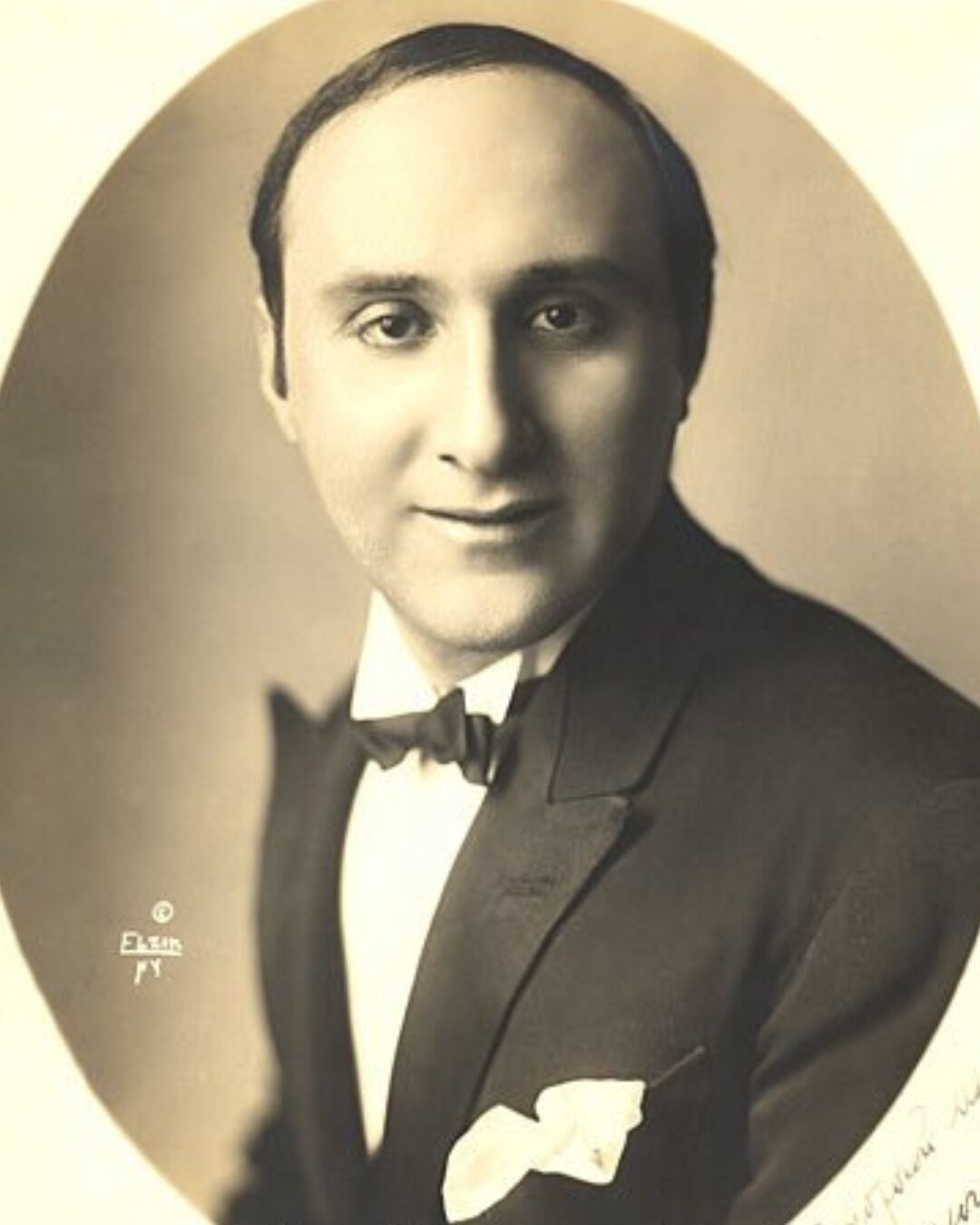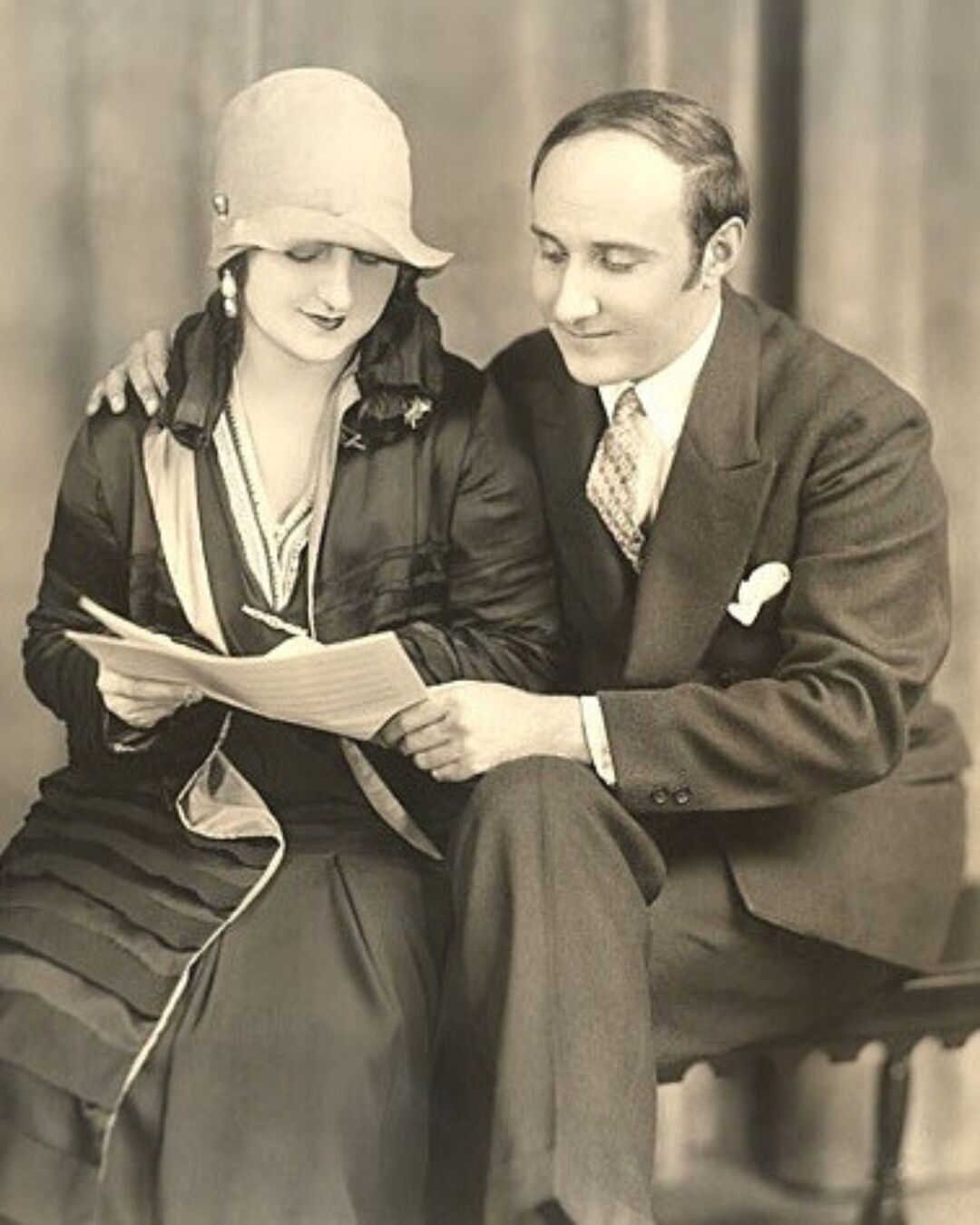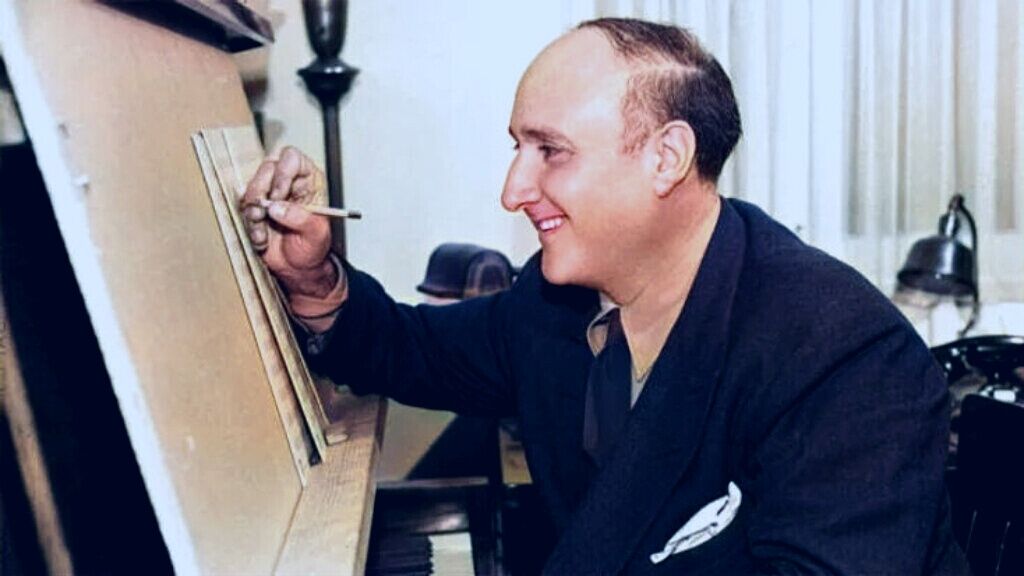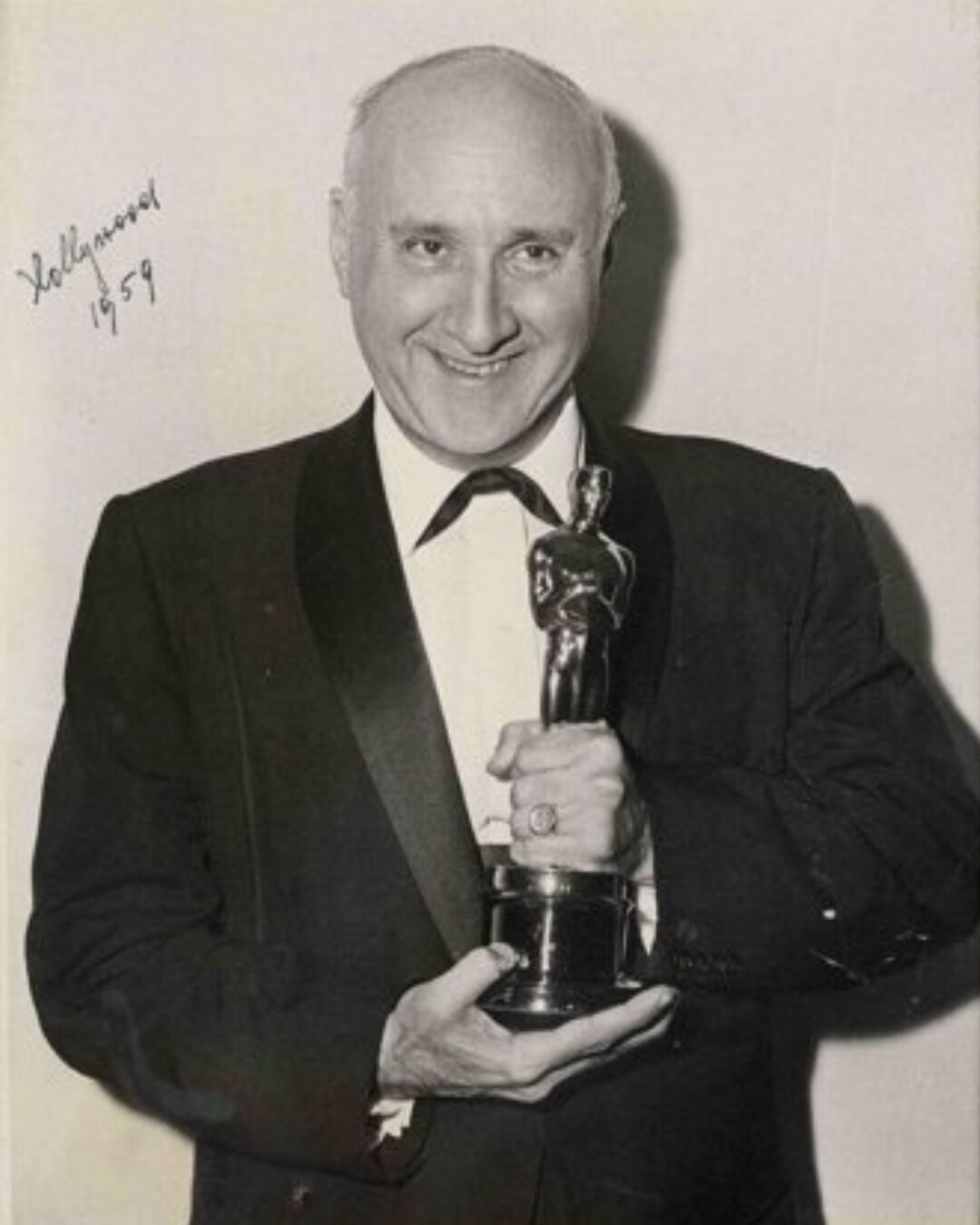News
"Borscht" Dmytro Tiomkin: a Hollywood composer of Ukrainian descent who has been nominated for an Oscar 22 times
His friends called him simply "Dimi," but the whole world knows him as Dmytro Tiomkin. Today he holds an honorable place in the list of the most successful and productive composers in the history of American cinema. He wrote music for films by Howard Hawks and Stanley Kramer and was a friend of Alfred Hitchcock, with whom he collaborated four times.
In total, he composed soundtracks for 160 Hollywood films, was nominated 22 times for the main Oscar award, and was awarded the coveted statuette four times: two for the western film "High Noon" and one each for "The High and the Mighty" and "The Old Man and the Sea". During the Second World War, Tiomkin composed music for 12 documentaries about the events at the front, for which he received awards from the US Department of Defense. He was also twice awarded the French Legion of Honor and the Cross of the Knight of the Order of Isabella Catholic.
Tiomkin's works are also featured in contemporary cinema - Quentin Tarantino used the theme he composed for John Wayne's Fort Alamo in his film Inglourious Basterds. His music can even be heard in Soviet cinema - in the TV series Seventeen Moments of Spring - in a scene where German viewers watch an American movie. His songs were performed by Barbra Streisand, Nina Simone, and David Bowie.
A musical boy from Kremenchuk
Dmytro Zynoviiovych Tiomkin was born on 10 May 1894 in Kremenchuk, Poltava province (now part of the Poltava oblast), into a Jewish family: his mother Maria, née Tartakovska, was a pianist and teacher, his father Zinovii was a famous doctor, and his uncle, Rabbi Volodymyr Tiomkin, was the first president of the World Zionist Union.
The boy fell in love with music thanks to his mother: his home schooling was so successful that at the age of thirteen Dmitry became a student at the St. Petersburg Conservatory. He quickly started working on his own to pay for food and rent for the room where he lived. After gaining fame as a virtuoso pianist, he became an accompanist for ballerina Tamara Karsavina and comedian Max Linder, whom he accompanied during their performances. He also worked as a tapper in movie theaters, playing during silent film screenings.
The Revolution
First, as a result of the October Revolution, the country in which Tiomkin lived fell, and then his family: his father, having remarried, moved first to Berlin and then to Paris. At first, Dmitry was still trying to establish his life under the new regime; he even organized large-scale musical and theatrical performances, such as the Storming of the Winter Palace, which involved thousands of performers: actors, musicians, and ballet dancers. However, the pianist could not fit into his new life and decided to emigrate to Europe while it was still possible.
...and emigration
His first refuge was Berlin, where his father lived at the time, who collaborated with the famous German biochemist Paul Ehrlich. According to the musician's recollections, which he later shared in an interview, at that time he did not even have a decent suit. The one he wore when he left Petrograd was made of two curtains, and its bright green color made Tiomkin stand out from any crowd, which upset him terribly: "I felt like a clown," he complained.
Temkin knew German and French perfectly, so he had no problems with assimilation. In the German capital, he took music lessons from the famous Italian Ferruccio Busoni. He also gave concerts, both solo and in a duet with his roommate, pianist Michael Cariton, and wrote both classical and popular music. At the same time, Dmytro met and became friends with Fyodor Chaliapin, who told him a lot about the United States, where European musicians are highly valued and paid at the highest level. Soon after, Tiomkin and Kariton received an invitation from Maurice Guest, the owner of the Broadway Theater, to come to New York for a tour, and in 1925, Dmitri found himself in the United States.
Moving to New York
In New York, where Tiomkin and Kariton performed with Albertina Rush's ballet company, the musician friends parted ways. The relationship between Albertina and Dmitry soon turned from professional to personal, and he became the head of a ballet company of 30 dancers and went on a tour of America with them. It was at this time that Tiomkin's creative style as a film music composer was formed: thanks to his close acquaintance with ballet, he has always perceived the movements of actors on the screen as a dance on stage.
However, he was in no hurry to devote himself entirely to composing music, continuing to give successful concerts. Moreover, Tiomkin captivated audiences not only in the United States but also in Europe - in 1928, he and Albertina came to Paris, where the musician performed at the Grand Opera.
"Struggle for Dignity"
Tiomkin made his Hollywood debut in 1929 when the Metro-Goldwyn-Mayer studio offered him a contract to write soundtracks for five films. At the same time, his wife Albertina Rush became a choreographer's assistant in several musical projects – Dmytro wrote music for her projects as well, while managing to compose songs and give very popular concerts.
Very quickly, the backstage Hollywood intrigues that Temkin encountered discouraged him from working for any of the film studios. He even wanted to give up cinema altogether and devote himself to theater, but a musical he directed on Broadway failed. Tiomkin returned to Hollywood, but as a freelancer - from now on, he could choose the films he wanted to work on and refuse those he didn't like. Moreover, it can be said that he made a kind of revolution in Hollywood, which allowed him to protect the rights of composers who write for film. The one-time contract that he drew up while working on his first movie as a freelance musician was copied by his followers, as its terms were favorable to them. Tiomkin himself called his victory over film officials "a struggle for dignity - not only for the composer but for all the artists responsible for the film."
"Orgasmic theme"
With the same sense of style and, as a result, success, Tiomkin composed music for films of all genres, from horror and detective to drama and adventure. The composer seemed to be able to express any topic through music, and an illustration of this statement can be found in a story that happened to Tiomkin when he worked with the famous Hollywood screenwriter and producer David Selznick. For his movie Duel in the Sun, he asked the composer to write... an orgasmic theme. He worked on the first version of the composition, which was recorded with 40 drummers, for more than a month, but Selznick rejected it, saying, "Gravity, but it's not an orgasm!" Temkin spent another month creating a second version, which ended with a hundred-voice choir singing, but the producer's verdict was the same: "This is not an orgasm! It's not like that for me." The composer's response went down in the history of cinema. "I don't know what kind of orgasm you have, but that's exactly what I have!" he said, after which his music was accepted without any comments, clarifications, or revisions.
"Borscht" Tiomkin
The composer never concealed the fact that his homeland was Ukraine - knowing this, his Hollywood friends called him "Borsch". He also admired Ukrainian women, assuring his interlocutors that they had very beautiful legs: "I have never seen anything like them anywhere else in the world. As a child, I could look at them for a long time, although I was ashamed of it." But the most important thing that, according to Tiomkin himself, his native land gave him was his phenomenal musicality, which made him an outstanding composer. Musicologists who study his works find that his American compositions are closely intertwined with Ukrainian musical traditions that date back to the era of the Zaporizhzhia Cossacks.
Last years and memory
After losing his wife Albertina Rush, who passed away in 1967, Tiomkin moved to London, where in 1972 he married the English aristocrat Olivia Cynthia Petch. The couple lived in two houses, one in London and one in Paris, and his favorite pastime at that time, as always, was playing the piano, to which he devoted most of his time. Unexpectedly for himself, Tiomkin acted as a producer for Jay Lee Thompson's famous film McKenna's Gold, starring Gregory Peck and Omar Sharif, and his last film work was the Soviet director Igor Talankin's Tchaikovsky, which allowed him to visit his homeland, albeit shortly before his death. He was also nominated for an Oscar in the Best Adaptation of a Musical Theme category for this film.
The composer died on November 11, 1979. He is buried in the Forest Lawn Memorial Park cemetery in California. In 1984, the monograph "Dmytro Tiomkin. A Portrait", written by composer Carl Palmer, was published in 1984. In 1993, the United States Postal Service issued a series of six stamps, "Legends of American Music," in honor of prominent Hollywood composers, one of which was dedicated to Tiomkin. A lane in the composer's hometown of Kremenchuk is named after him.


